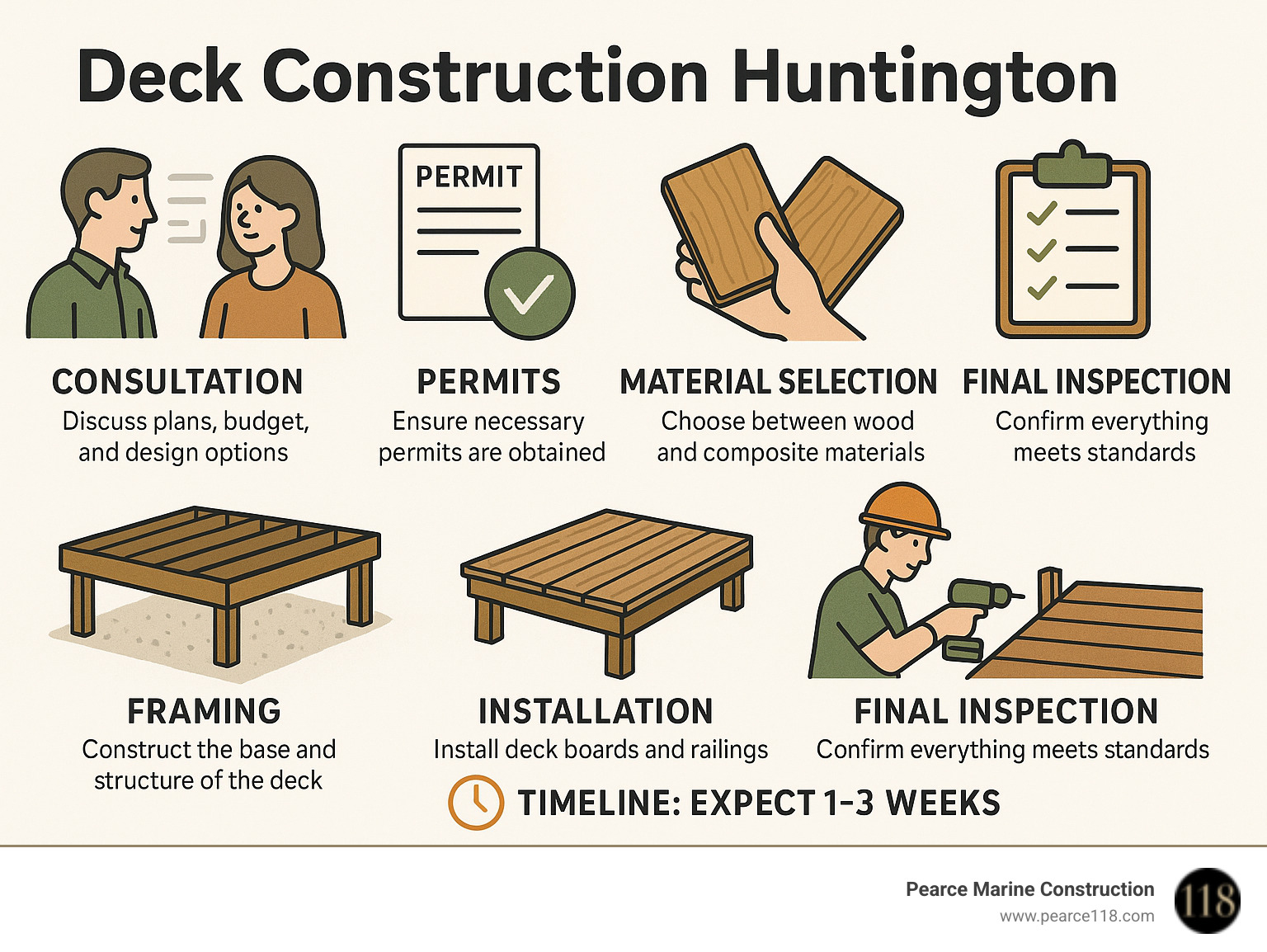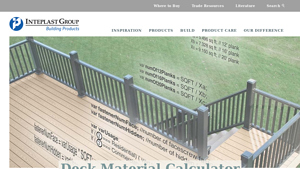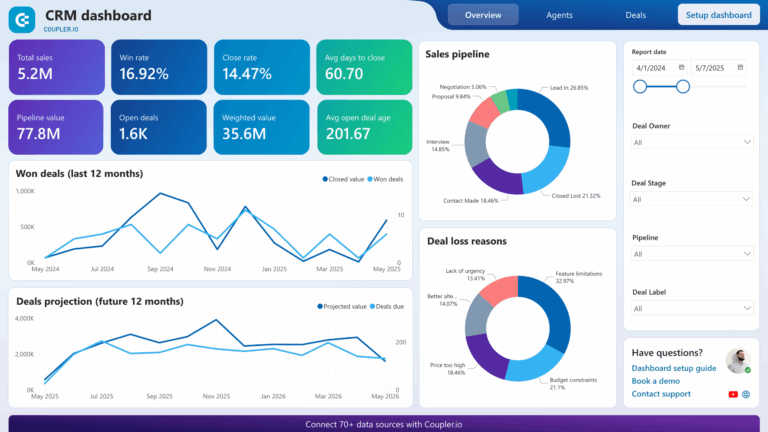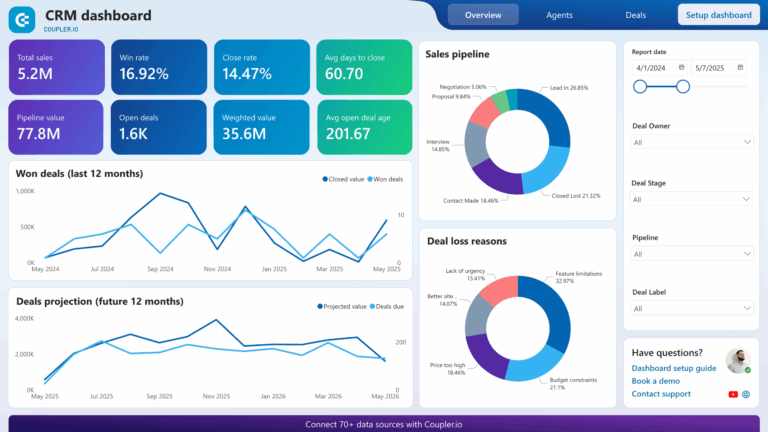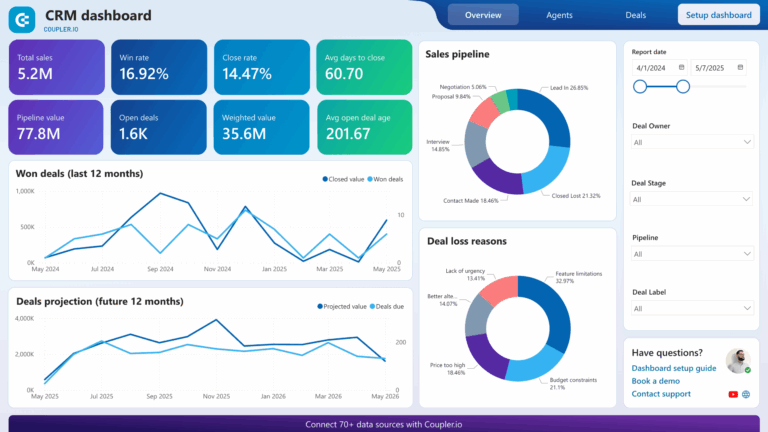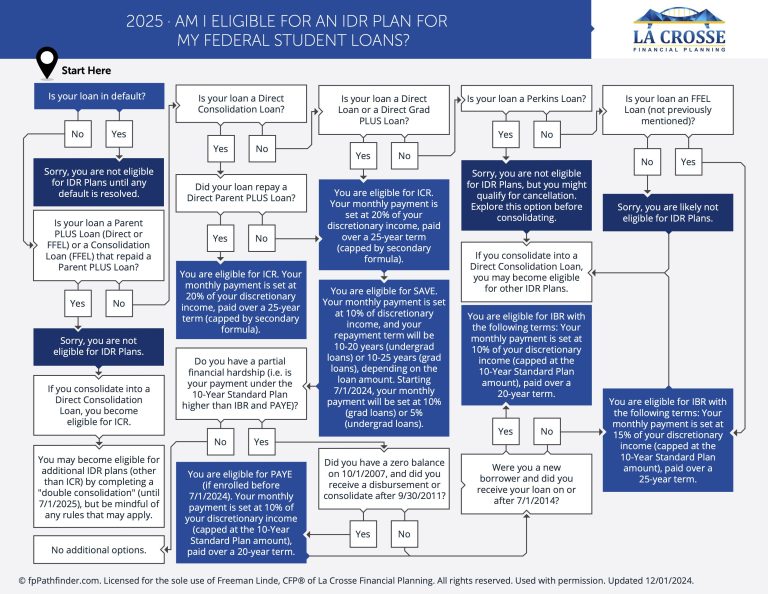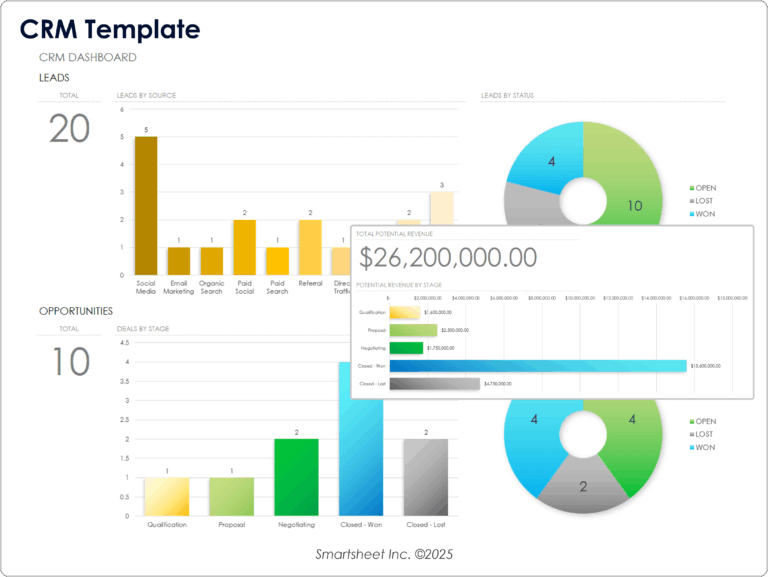Best Deck Material Calculator: Top 5 Tools Compared
Finding the Best Deck Material Calculator: An Introduction
When embarking on a deck-building project, one of the most critical steps is accurately estimating the materials needed. However, navigating through the myriad of available online deck material calculators can be a daunting task. With countless options claiming to provide the best estimates, it can be challenging to discern which tools are reliable and user-friendly. An inaccurate calculation can lead to overspending, wasted materials, and project delays, making the selection of the right calculator crucial for a successful build.
This article aims to review and rank the top deck material calculators available online, helping you save time and effort in your planning process. We have meticulously evaluated various tools based on key criteria such as accuracy, ease of use, and additional features that enhance user experience. Each calculator’s ability to provide precise estimates for deck boards, fasteners, joists, and other essential materials has been carefully considered.
In addition to core functionalities, we also examined user interface design, accessibility, and the quality of supporting resources, such as guides and tutorials. By presenting a concise comparison of the best options, our goal is to empower you with the information necessary to make informed decisions, ensuring your deck-building project is both efficient and enjoyable. Whether you’re a DIY enthusiast or a seasoned builder, the right calculator can streamline your planning process and set you on the path to creating the deck of your dreams.
Our Criteria: How We Selected the Top Tools
Selecting the Best Deck Material Calculators
When evaluating the top online deck material calculators, we focused on several key criteria to ensure that users can find the most effective and user-friendly tools for their decking projects. Here’s a breakdown of our selection criteria:
-
Accuracy and Reliability
The primary function of any calculator is to provide precise estimates. We assessed each tool’s ability to calculate the necessary quantities of materials accurately, factoring in variables such as board size, spacing, and waste percentages. Tools that are backed by industry standards or developed in collaboration with experienced professionals were prioritized. -
Ease of Use
A good calculator should be intuitive and straightforward to navigate. We evaluated the user interface and overall design, ensuring that users can easily input their measurements and receive results without unnecessary complications. Tools that provide clear instructions and helpful prompts received higher marks. -
Key Features
Effective calculators must offer essential features to help users with their deck planning. We looked for calculators that include:
– Inputs for Total Square Footage: Users should be able to input the total area they intend to cover.
– Board Size Selection: Options for various board sizes, including thickness and width, were considered crucial.
– Joist Spacing Options: The ability to select different joist spacing (e.g., 12″, 16″, or 24″) is important for accurate material estimates.
– Waste Calculation: Including a waste factor to account for cutting and mistakes is vital for realistic budgeting.
– Fastener Estimates: Calculators that provide estimates for screws, hidden fasteners, and additional components like fascia boards were favored. -
Cost (Free vs. Paid)
We analyzed whether the calculators are free to use or if they require payment. Free tools that deliver comprehensive features without hidden costs were prioritized. However, we also considered paid options if they offered significantly enhanced functionality or support.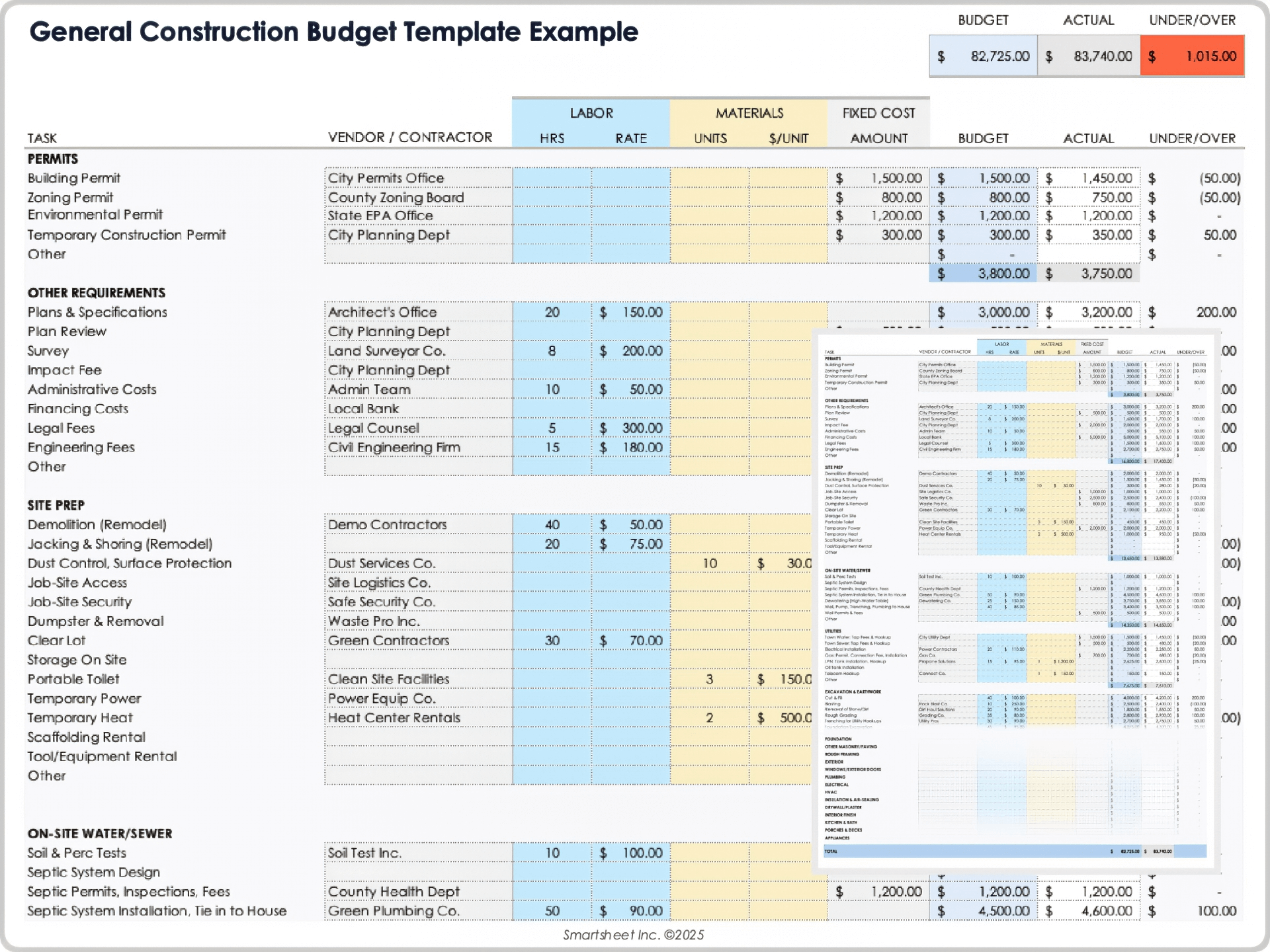
-
Additional Resources and Support
Beyond calculations, we looked for tools that provide valuable resources such as guides, articles, and videos related to deck building. Access to expert advice, tips for installation, and links to material suppliers can greatly enhance the user experience. -
Mobile Compatibility
In today’s digital world, mobile accessibility is key. We assessed whether calculators can be easily accessed and used on mobile devices, allowing users to work on their projects from anywhere. -
User Reviews and Feedback
Finally, we considered user feedback and ratings for each tool. Tools that consistently received positive reviews for their accuracy, usability, and overall effectiveness were favored in our selection process.
By applying these criteria, we aimed to present a well-rounded list of the best deck material calculators available, ensuring that users can confidently plan their decking projects with the right tools at their disposal.
The Best Deck Material Calculators of 2025
1. Deck Board & Materials Calculator in 2025
The Deck Board & Materials Calculator from Decks.com is an essential tool for homeowners and contractors planning a deck project in 2025. By simply inputting your deck dimensions, the calculator efficiently determines the quantity of deck boards, hidden fasteners, and screws required, ensuring accurate material estimates. This user-friendly tool streamlines the planning process, helping users save time and avoid costly mistakes in their deck construction endeavors.
- Website: decks.com
- Established: Approx. 27 years (domain registered in 1998)
3. Deck Material Calculator
The Deck Material Calculator by Inteplast Building Products serves as a straightforward and versatile tool designed to assist users in estimating the quantity of materials required for their deck projects. This user-friendly estimator simplifies the planning process, allowing homeowners and builders to efficiently calculate their material needs, ensuring accurate budgeting and resource allocation for successful deck construction.
- Website: inteplastbuild.com
- Established: Approx. 10 years (domain registered in 2015)
4. Deck Board and Material Calculator
The Deck Board and Material Calculator from Mr. Handyman is designed to streamline the planning process for building a ground-level deck by providing accurate estimates of the necessary materials. This user-friendly tool simplifies calculations by focusing solely on decks without stairs or railings, making it ideal for straightforward projects. For more complex designs that include additional features, users may need to consult additional resources or calculators.
- Website: mrhandyman.com
- Established: Approx. 28 years (domain registered in 1997)
How to Get the Most Accurate Results
Double-Check Your Inputs
Accuracy begins with the information you provide. Before hitting the calculate button, take a moment to review all the inputs you’ve entered. Common mistakes include entering incorrect dimensions or selecting the wrong material type. It’s essential to ensure that measurements are in the correct units (feet, inches, etc.) and that you’ve accounted for any unique features of your deck, such as angles or irregular shapes. A small error in measurement can lead to significant discrepancies in material estimates.
Understand the Underlying Assumptions
Each calculator may have different underlying assumptions, which can affect the results. For instance, some calculators might assume standard joist spacing of 16 inches on center, while others might use different spacing. Familiarize yourself with these assumptions, as they can impact the quantity of materials estimated. If your deck design deviates from these standards, you may need to make manual adjustments to the calculator’s output to align with your specific project needs.
Use Multiple Tools for Comparison
No single calculator is perfect, and using multiple tools can provide a more comprehensive view of your material needs. By comparing results from different calculators, you can identify any discrepancies and gain a better understanding of the range of materials required. This is particularly helpful if you are working with complex designs or unusual materials. Take note of the differences and use the most conservative estimate to ensure you have enough material without overspending.
Factor in Waste and Variability
When planning your project, it’s important to consider waste and variability in material sizes. Most calculators provide a waste factor, usually around 10-15%, but it’s wise to evaluate your own situation. If you’re using materials that are prone to damage during installation or if your design features complex cuts, you may want to increase this percentage. Additionally, ensure you account for variations in material lengths and widths, especially if you’re purchasing from different suppliers.
Consult Local Building Codes
Building codes can vary significantly by location, affecting the materials and construction methods you can use. Before finalizing your material list, check your local building codes to ensure compliance. Some calculators may not factor in these regulations, especially regarding railing heights, deck height, and footer depth. Understanding these requirements will help you avoid costly mistakes and ensure your deck is safe and legal.
Seek Professional Advice
While online calculators are a fantastic starting point, they are no substitute for professional advice. If you’re uncertain about your calculations or the materials needed, consider consulting with a contractor or a decking professional. Their expertise can provide insights that calculators may overlook, especially for complex projects. A professional can also help you understand the nuances of your specific materials and how they will perform in your local climate.
By following these tips, you can maximize the accuracy of your deck material calculator results, ensuring a smoother construction process and a successful deck-building project.
Frequently Asked Questions (FAQs)
1. How does a deck material calculator work?
A deck material calculator is a tool designed to help you estimate the amount of materials needed for your deck project. By entering specific dimensions such as the length and width of the deck, the type of decking material, and joist spacing, the calculator will provide estimates for the number of boards required, fasteners needed, and other materials like joists and fascia boards. This helps you plan your project accurately and minimizes waste and costs.
2. What factors should I consider when using a deck material calculator?
When using a deck material calculator, consider the following factors:
– Deck Dimensions: Input the total square footage by measuring the length and width of your deck.
– Board Size: Select the dimensions of the decking boards you plan to use, as different sizes will affect the total number required.
– Joist Spacing: Indicate the spacing between joists (commonly 12″, 16″, or 24″) as it impacts the structural integrity and material needs.
– Waste Factor: Account for material waste, which can occur during installation or due to errors.
– Decking Angle: Specify if the boards will be laid at a 90° or 45° angle to the joists, as this can alter material requirements.
3. Can I use a deck material calculator for different types of decking materials?
Yes, most deck material calculators can accommodate various types of decking materials, including wood, composite, and PVC. When using the calculator, select the type of material you plan to use, as this may influence the quantity of materials needed due to differences in board sizes and installation methods. Some calculators may even provide pricing estimates based on the selected materials.
4. Is it necessary to consult a professional after using a deck material calculator?
While a deck material calculator provides a good starting point for estimating materials, it’s often beneficial to consult a professional, especially for complex projects. Professionals can help ensure that your calculations are accurate, account for local building codes, and provide insights into installation techniques. Additionally, they can assist with unexpected adjustments during the construction process.
5. How accurate are the estimates provided by deck material calculators?
The accuracy of estimates from a deck material calculator largely depends on the information you input. If the dimensions, board sizes, and other variables are entered correctly, the estimates can be quite reliable. However, it’s essential to remember that these calculators provide estimates rather than exact figures. It’s wise to allow for a margin of error by purchasing a little extra material to accommodate any unforeseen issues during installation.
Important Disclaimer
⚠️ Important Disclaimer
The information and reviews in this guide are for educational purposes only and are based on publicly available information. We are not affiliated with any of the tools mentioned. Features and pricing may change. Always conduct your own research before choosing a tool for your needs.
